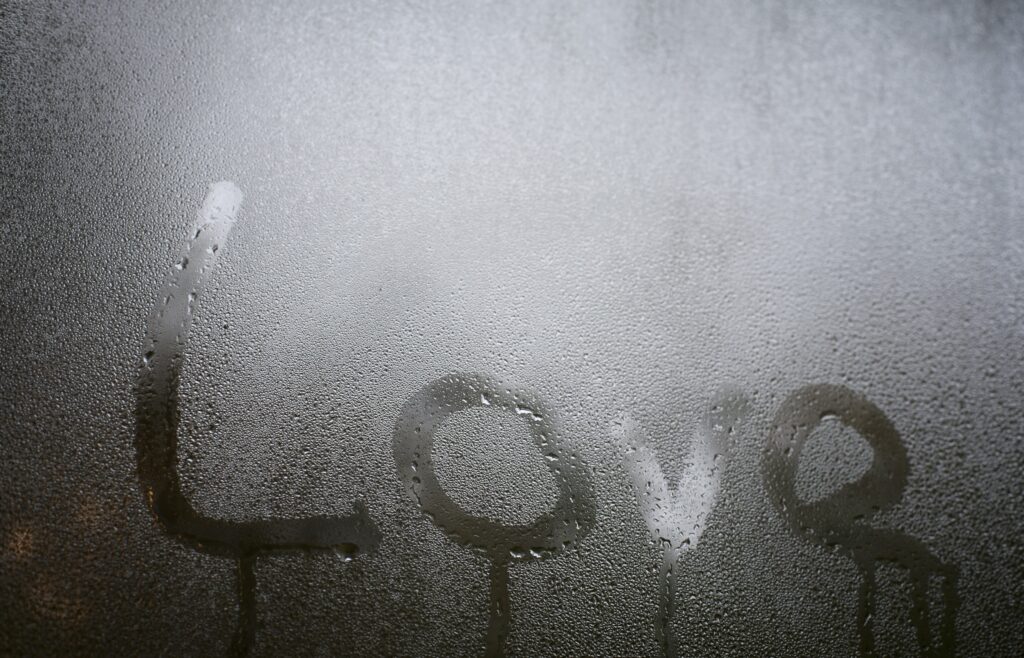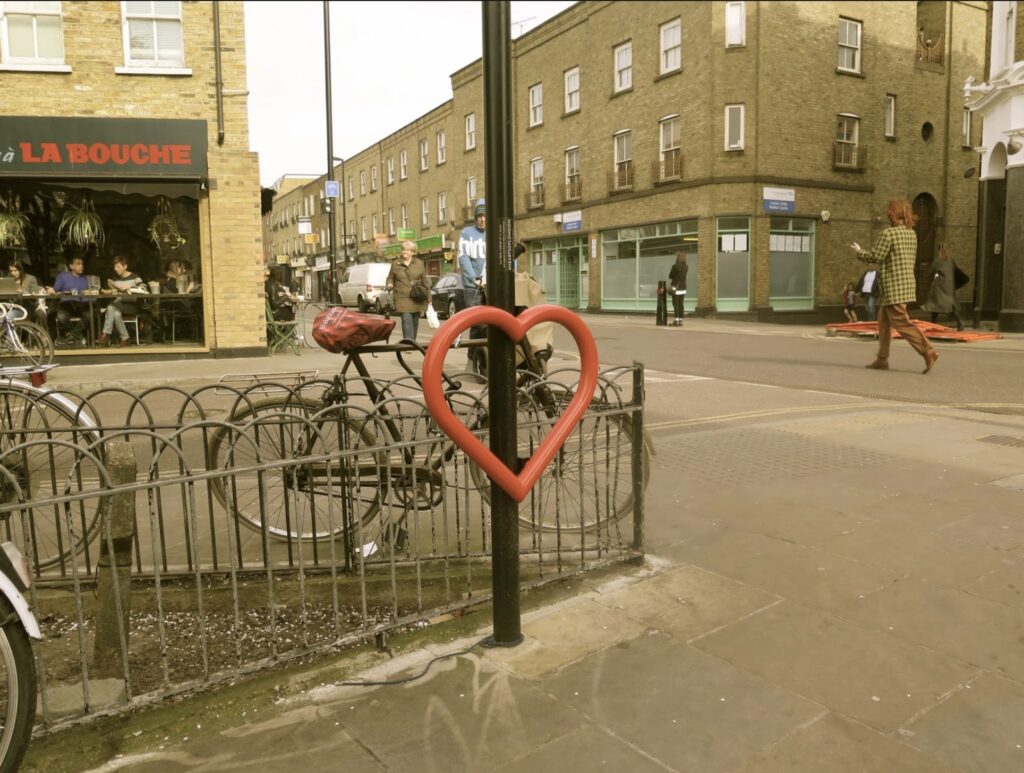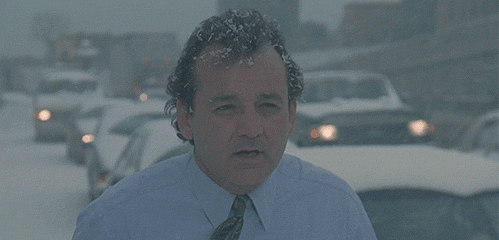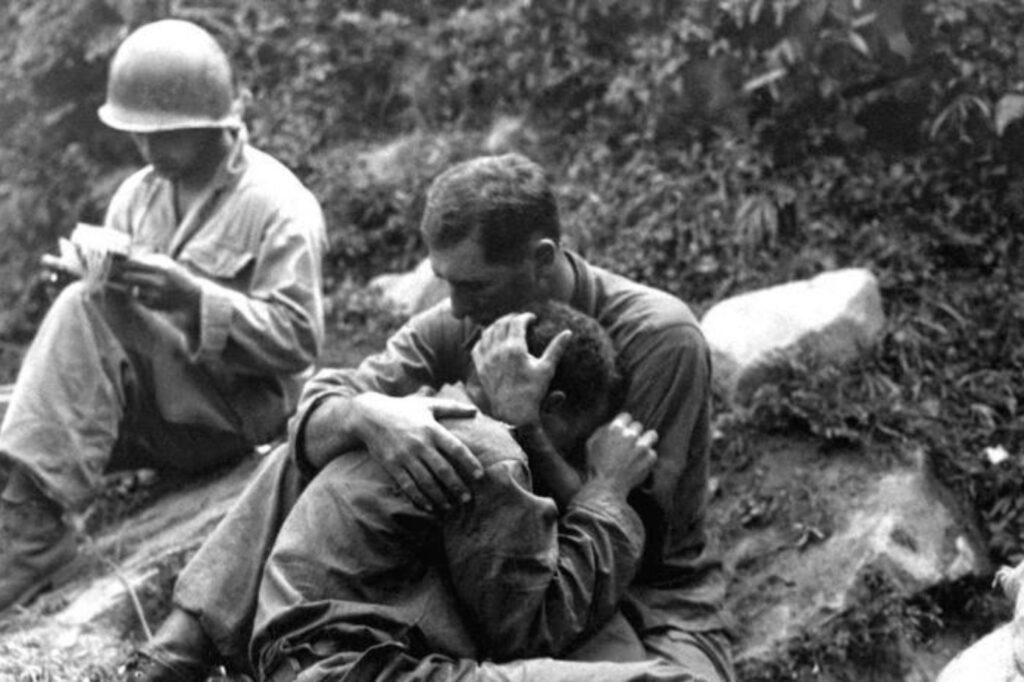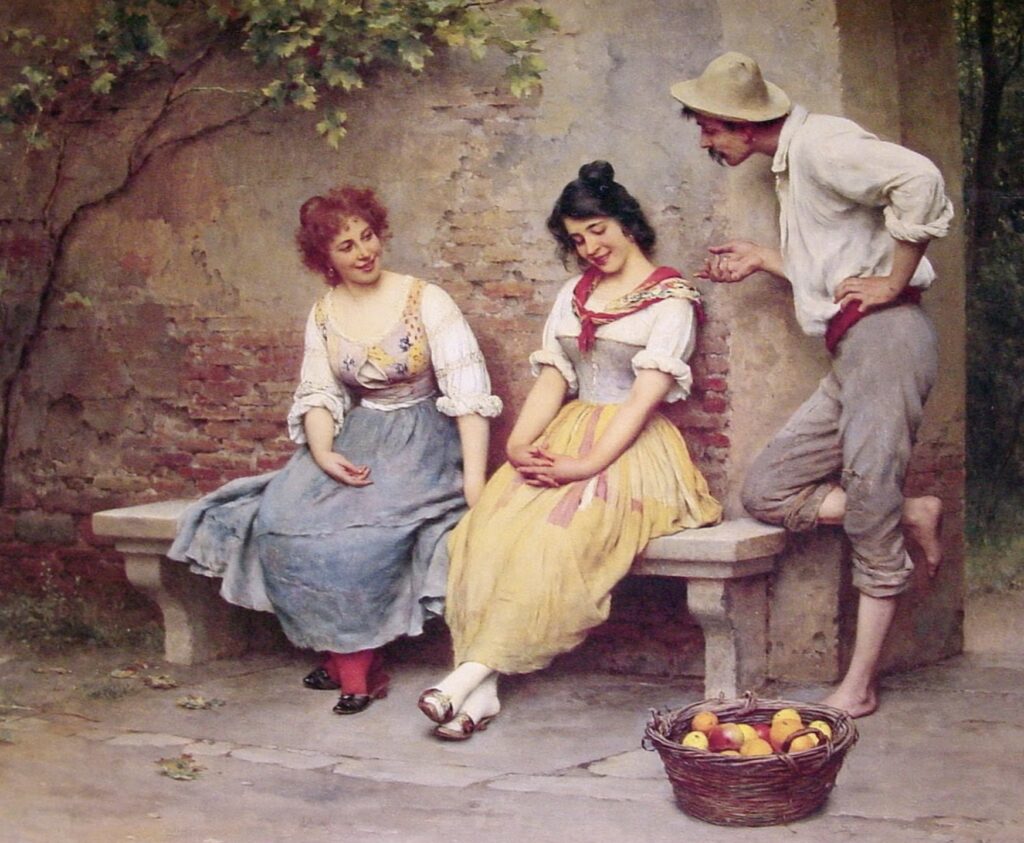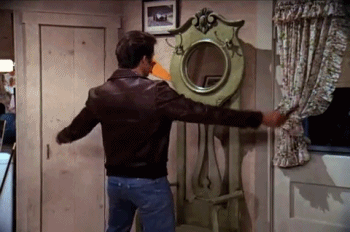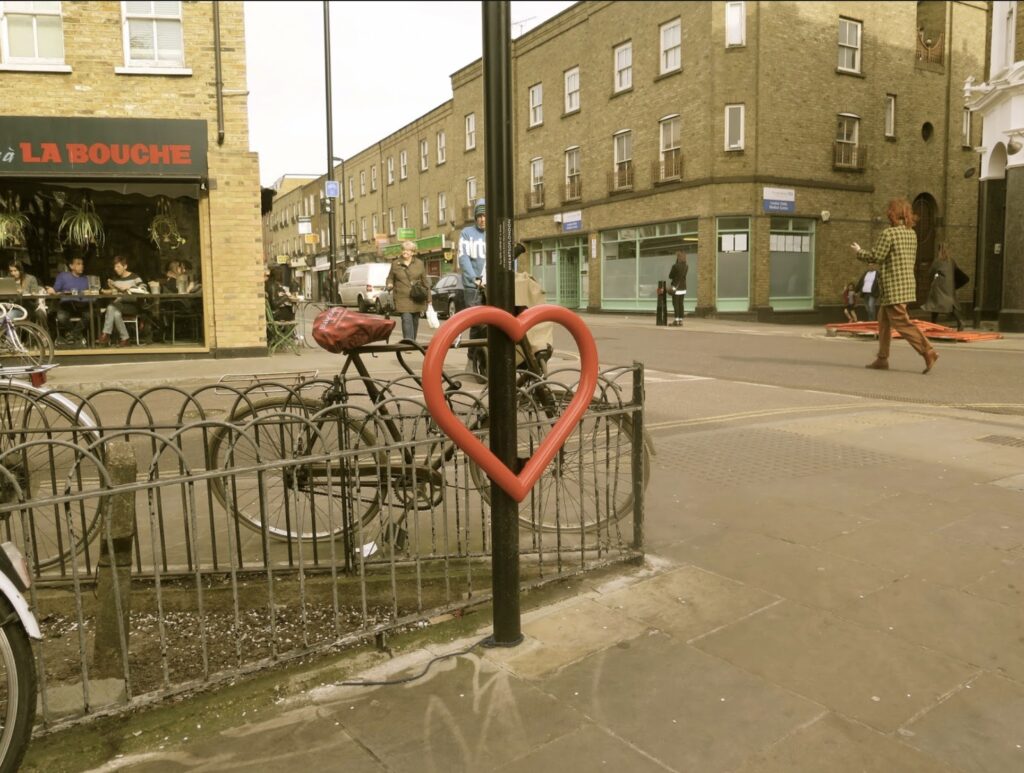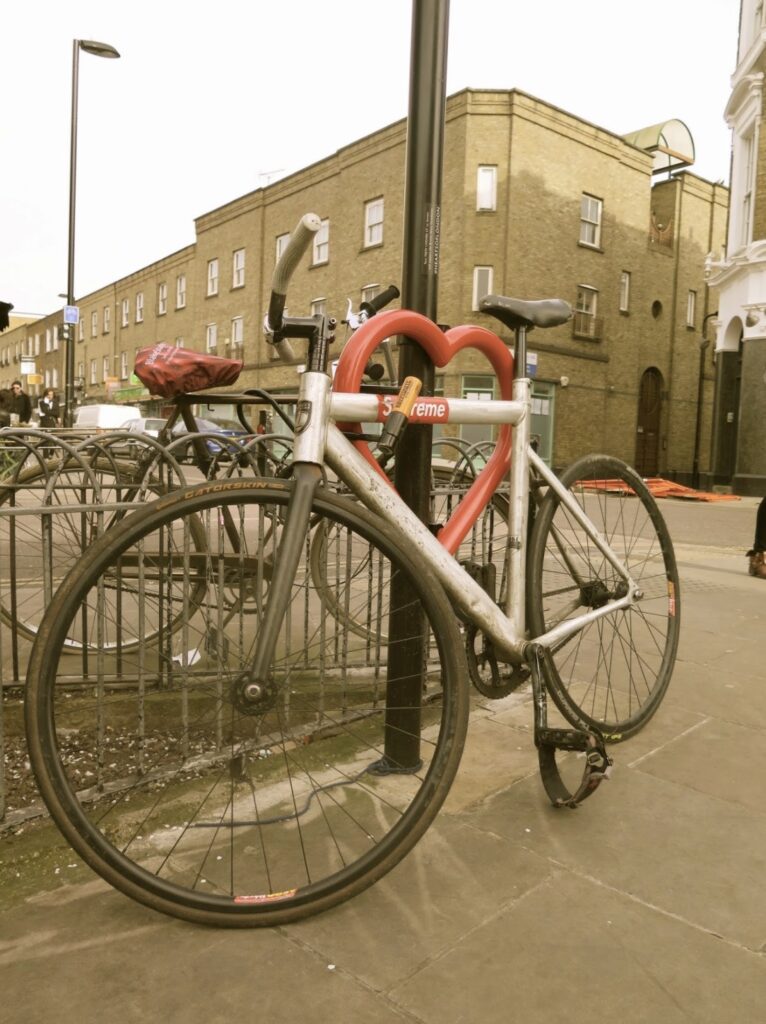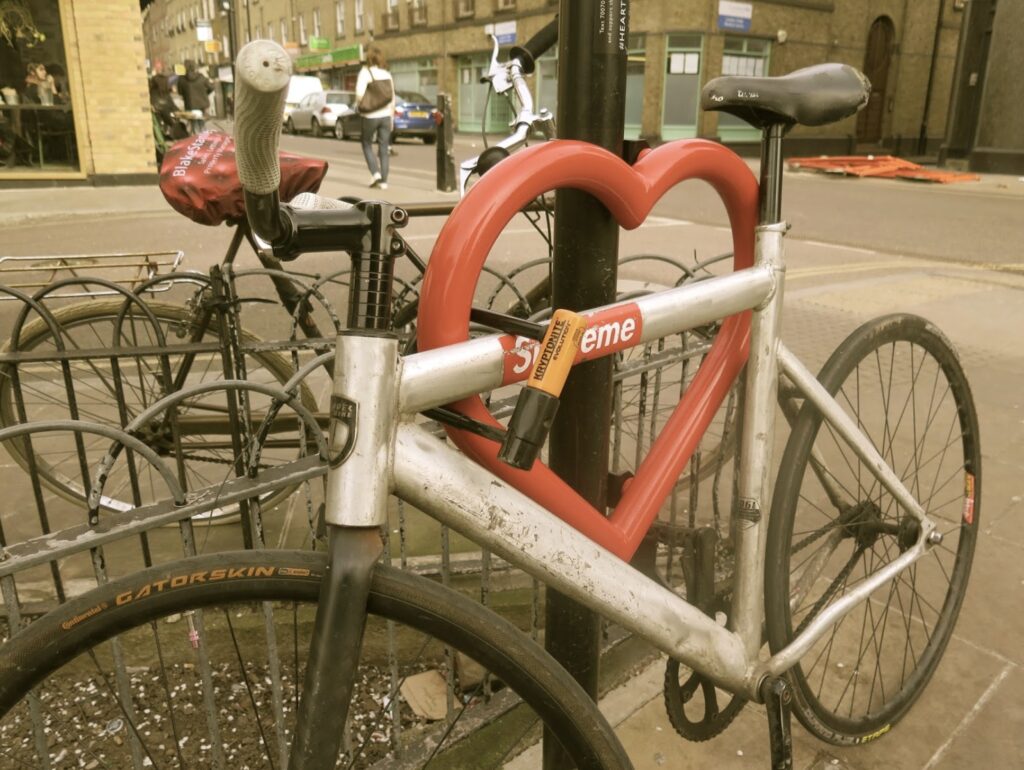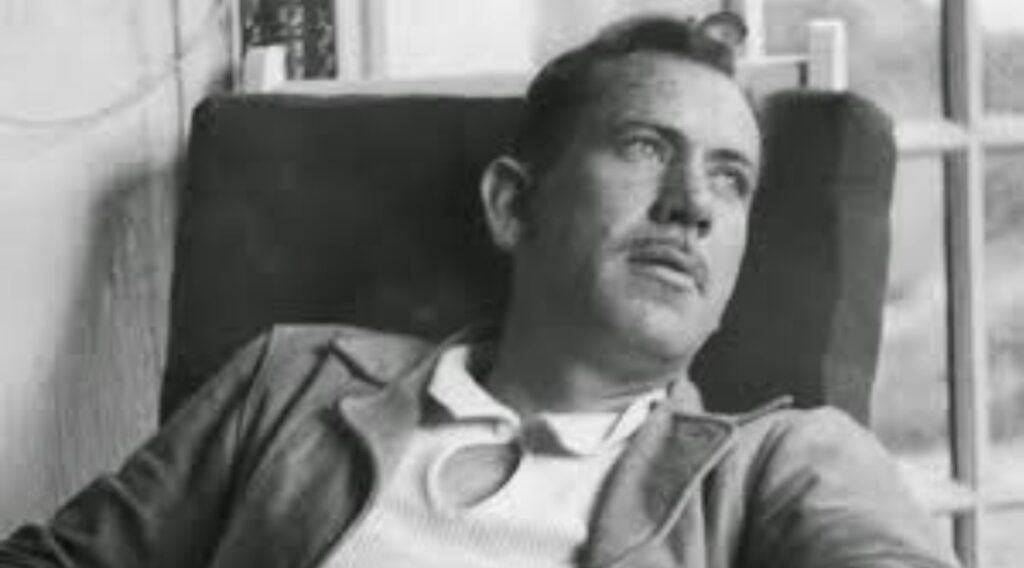If I have the gift of prophecy, and can fathom all mysteries and all knowledge, and if I have a faith that can move mountains, and I have not love, then I am nothing.
*
L O V E
What’s with this love thing. The most deficient word in the english language, the most complex, the most simple to them that know it, the most elusive to them that seek it, the most painful to them that lose it. The subject of countless books, songs, works of art, declarations of war, professions of faith, and BangBus porn-subscriptions. I remember asking my old man once if, out of all the big subjects in the world such as death, tragedy, religion, war, money etc, was love the most important. And looking at me like I needed a special-needs checkup, he replied of course it is.
The main problem with this word is that no-one really knows what it means. We all might think we know what it means. The trouble is that it means different things to different people. And it doesn’t help that when it comes to using it we’re pretty far from discriminatory. We bandy it around like snowflakes in a blizzard.
It’s the same four letter word, expressing joy for a bowl of Shreddies, a sunrise, Daniel LaRusso’s crane kick at the end of the All Valley Karate Championship, Snoop Dogg’s addiction to fried chicken, a particularly tasty apple, and the apple of our eye.
But there are so many different kinds of love. The Greeks broke it down into six different catchments.
Eros was for desire and sexual passion (which they saw as dangerous and irrational).
Philia stood for friendship – the lifelong type shared by brothers returning from the battlefield.
Ludus meant playful love, such as the love between children, and flirtation. The love facilitated by memorising the first twelve chapters of The Game and hitting Cheapskates on a Tuesday night.
Agape was selfless love, kindness, the love for humanity, what we might know as Christian love.
Pragma was the love and understanding established between long-standing married couples.
And lastly Philautia represented self-love, by turns both damaging, and if perfected, life-enhancing.
My quandary is about the love described in pop songs and sonnets, the romantic one.
A French man from the 17th century called Duc de La Rochefoucauld pointed out that some people would never have fallen in love if they had never heard of love. I suppose he was asking the question: is love a feeling we put a name to, or a name we put a feeling to. Is it something we seek so ardently we attribute all sorts of minor dalliances to it, or is it something so transcendental that only when it knocks us sideways, and we come to on the floor in a pool of tears that the realisation dawns on us… oh this must be love then. Some people fall in love every single day, and some people never fall in love once, in a lifetime.
Then comes love’s declaration. Also a prickly son of a gun.
Alain de Botton writes about the inconsistencies of saying I love you.
If I told Chloe that I had a stomach ache or a garden full of daffodils, I could count on her to understand. Naturally, my image of a garden might slightly differ from hers, but there would be reasonable parity between the two images. Words would operate as reliable messengers of meaning. But the words I was now trying to say had no such guarantees attached to them. They were the most ambiguous in the language, because the things they referred to so sorely lacked stable meaning. Certain travellers had returned from the heart and tried to represent what they had seen, but love was in the end like a species of rare coloured butterfly, often sighted but never conclusively identified.
My father, who had waxed lyrical about love being the most important subject of all, broke Alain de Botton’s theory down into slightly less romantic terms. Love is not a river or a stream, he said. Love is a high-walled impenetrable water tank. Two people who love each other are like two high-walled impenetrable water tanks lined up side by side. Saying I love you to someone means nothing to them, it can only mean something to you. When you say I love you, your love is not a tsunami breaking the walls of a dam and spilling into their reservoir to mix in a new ocean of hyrdopassion, the dam is holding fast.
The love declaration is only three words coming out of your mouth, to soothe your own desire, to give it a name. Two people can love each other simultaneously, but they don’t blend together to become one. Like the magnetic force between two magnets, coming close but never quite touching. The two loves can sit there contentedly side by side looking out across the horizon, with just enough distance between them for one not to start magnetically flipping out.
Natalie Portman says something like this in Closer.
If this is all coming across on the cynical side, love is messed up yo.
As always The Wheels Of Steel has the right idea.
The Wheels Of Steel is keeping its head, when every bike around it is losing theirs and blaming it on The Wheels Of Steel. When every other bike spends it’s life before getting stolen seeking out the attentions of easy lamp posts, my bicycle once again proves it’s sagacity, above all in affairs of the heart. Look closely and you’ll see, my bike has given up on the lamp post.
Instead my bike has locked itself… to love.
If love is messed up, it’s also sacred.
Which explains pops‘ water-tank most-important-thing-in-existence U-turn. In a letter to his lovestruck teenage son, Steinbeck made a distinction between the subject of our love, and the object of love itself.
Being in love is about the best thing that can happen to anyone. Don’t let anyone make it small or light to you. Glory in it, and be very glad and grateful for it. The object of love is the best and most beautiful. Try to live up to it.
*
Perhaps in the end, the emotion the other elicits, is the closest we can ever hope to get to the other. Maybe we should cash our chips in and just learn to love…
– d r u m r o l l –
love.
